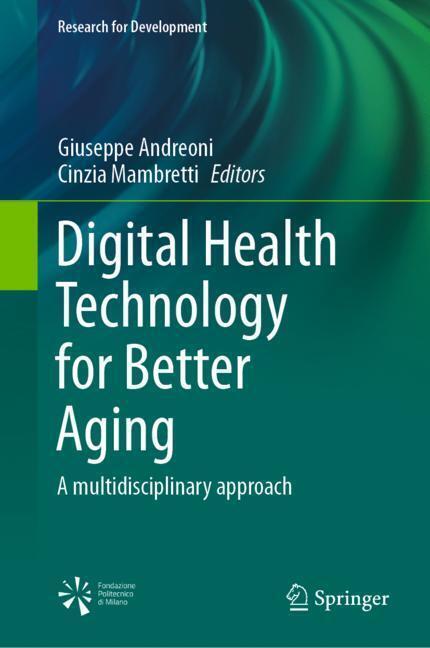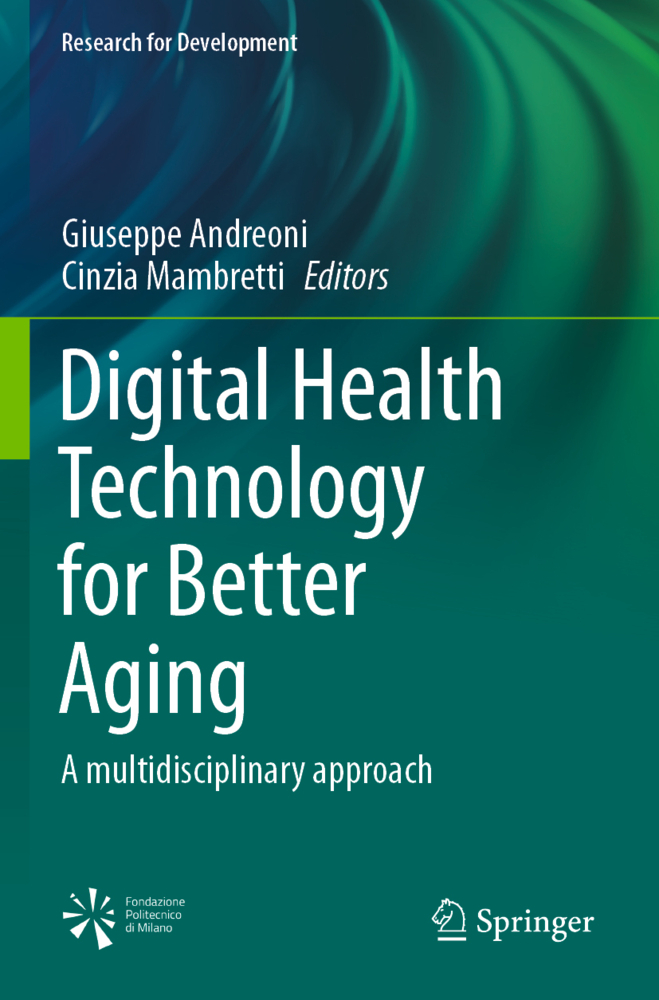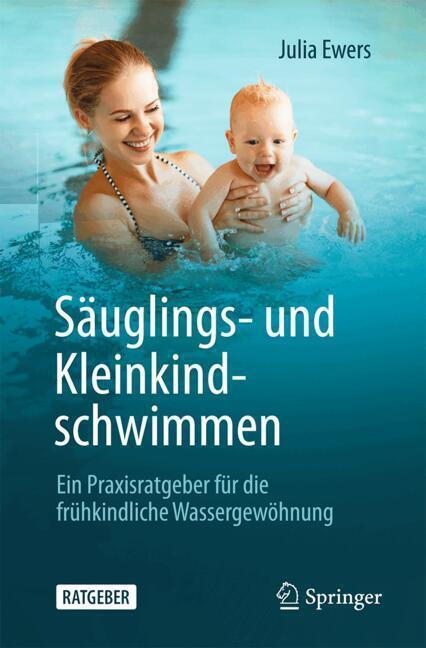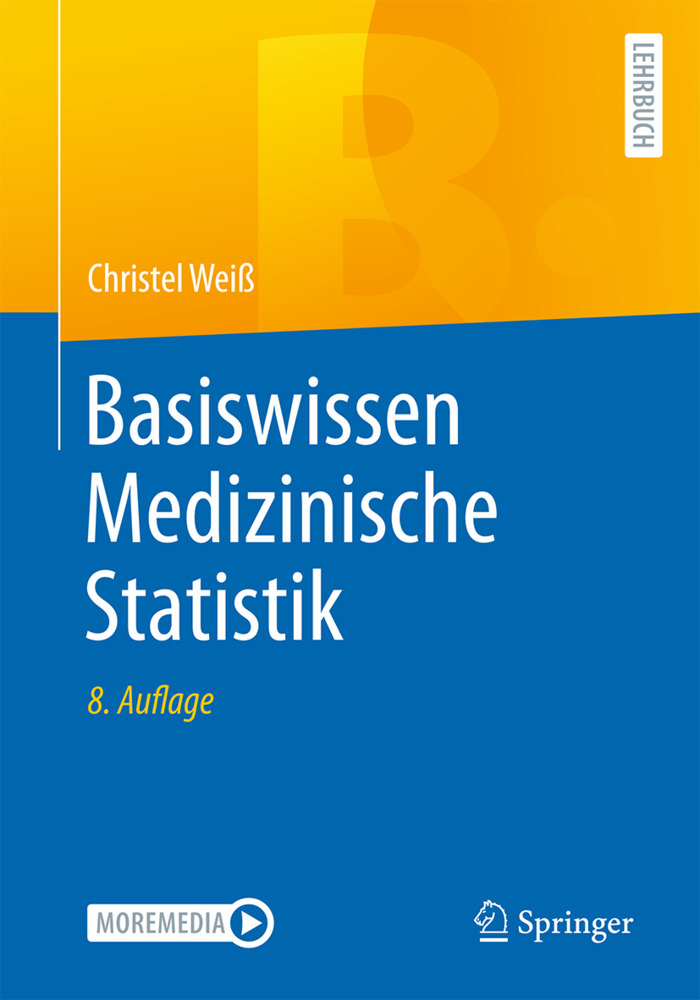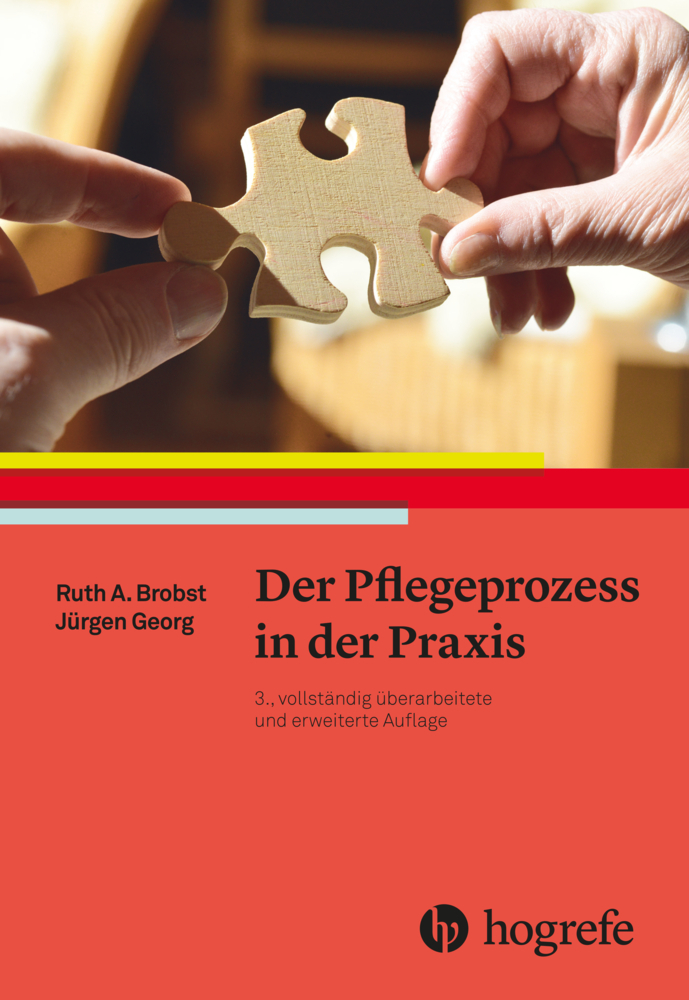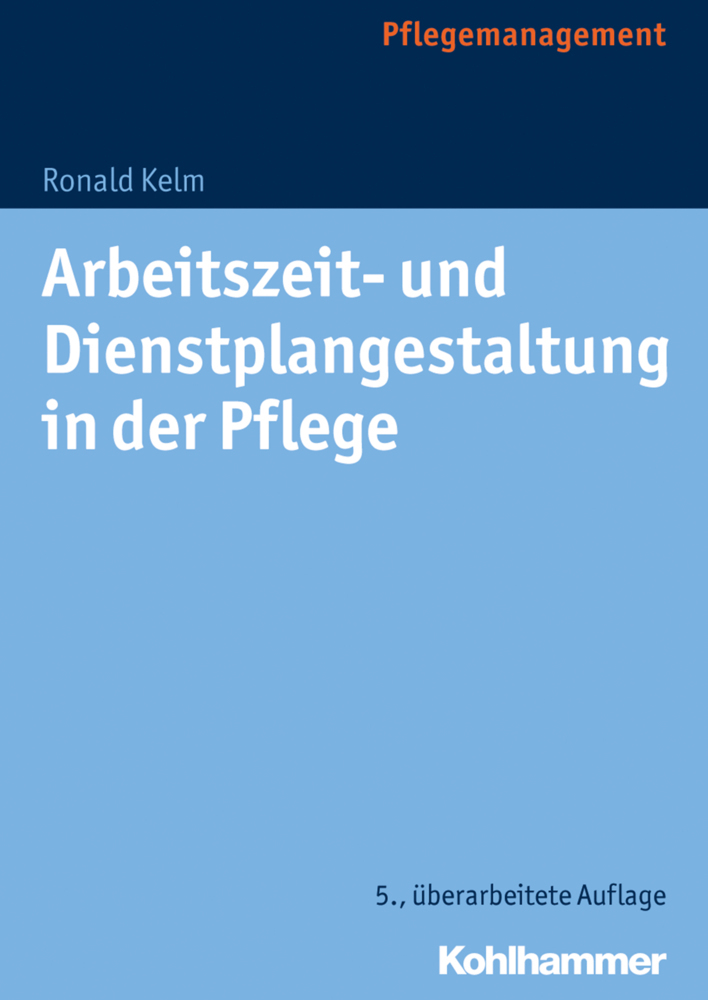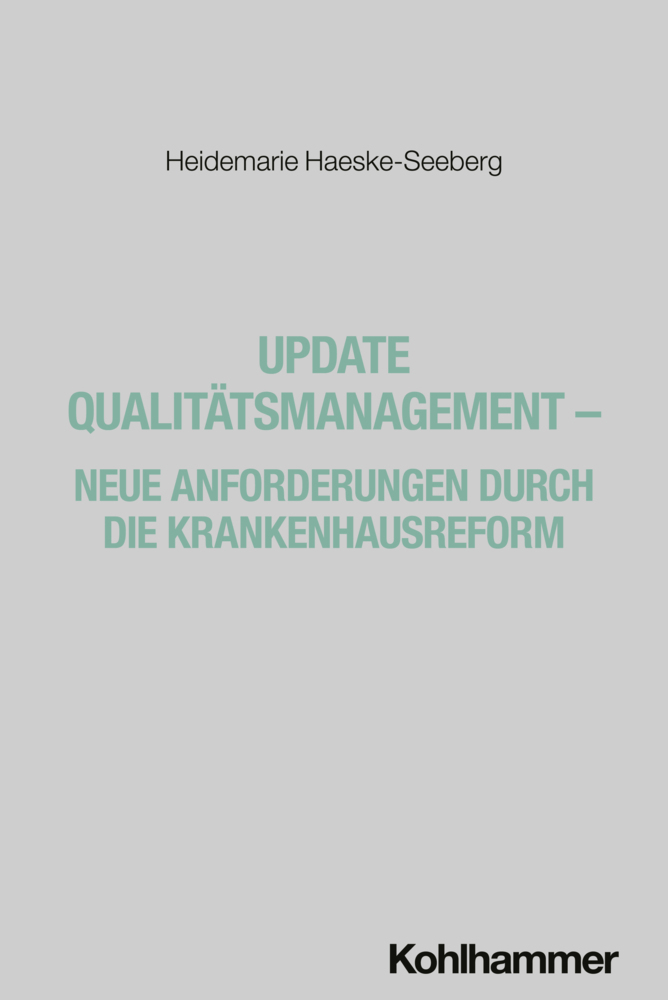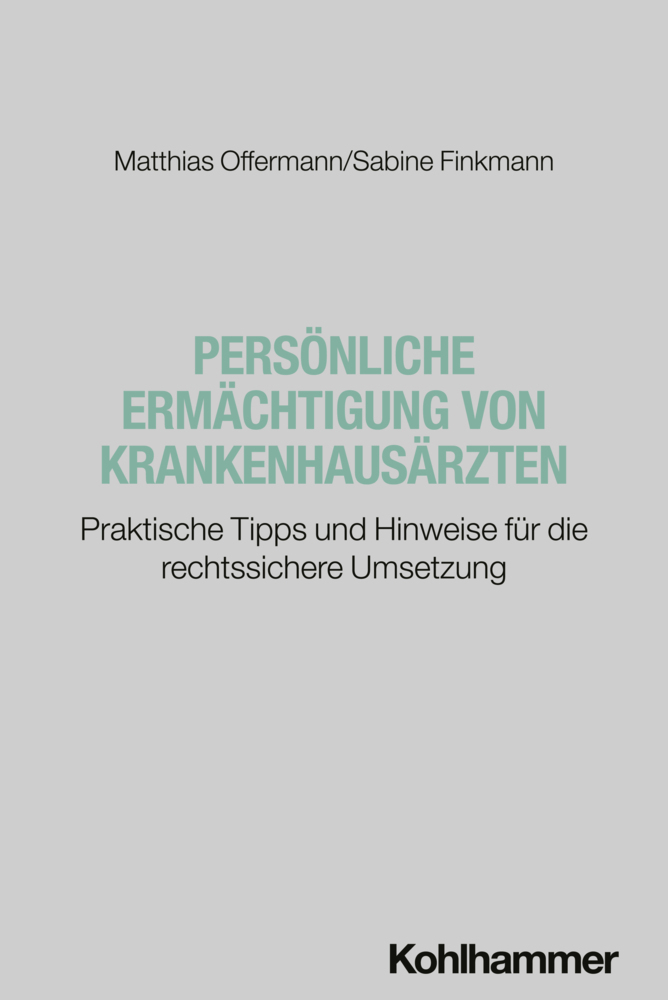Digital Health Technology for Better Aging
This book describes the multidisciplinary approach needed to tackle better aging. Aging populations are one of the 21st century's biggest challenges. National health systems are forced to adapt in order to provide adequate and affordable care. Innovation, driven by digital technology, is a key to improving quality of life and encouraging healthy living. Well-designed technology keeps people empowered, independent, and mobile; however, despite widespread adoption of ICT in day-to-day life, digital health technologies have yet to catch on. To this end, technology needs to be effective, usable, cheap, and designed to ensure the security of the managed data. In the era of mHealth, mobile technology, and social design, this book describes, in six sections, the collaboration of polytechnic know-how and social science and health sectors in the creation of a system for encouraging people to engage in healthy behavior and achieve a better quality of life.
Dr. Giuseppe Andreoni (M) earned the laurea degree in electronic engineering in 1993 and a Ph.D. in bio-engeneering in 1998. He is currently a full professor at the design Dept. of Politecnico di Milano. He also serves that department as the scientific coordinator of the TeDH-Technology and Design for Healthcare and Wellbeing Laboratory, which includes the Sensibilab (Biomedical Sensors and Systems Lab.) and of the LyPhE (Laboratory of Physical Ergonomics). He has a wealth of experience in the design and development of innovative products, systems, and services in the healthcare and ergonomics sectors, with specific know-how about integrating technologies and participatory design methodologies. His main research interests are: ergonomics, wearable sensors, design, rehabilitation and assistive technology. He is coauthor of 10 national/international patents and more than 250 publications (books, chapters, papers, and proceedings in international conferences). Giuseppe was the scientific coordinator of 'PEGASO - Fit for Future', a European project within the frame of the 7th Framework program, and he is currently the scientific coordinator of the 'NESTORE' project within the frame of the H2020 Framework program.
Ing. Cinzia Mabretti (F) has more than 20 years of experience in R&D project management. Having graduated with a degree in computer science engineering from Politecnico di Milano, she gained experience during her school years by participating in several artificial intelligence and robotics project, including Robocup 1998, Paris, for which she served as a member of the ART team, the Italian national team that developed a moderately-sized homemade robot football player. From 2003 to 2011, she was the senior project manager at Socrates Medical, leading the R&D team, and also participating in the projects FP-6 WEIRD (WiMax Extension to Isolated Research Data Networks) and FP-7 ISISEMD (Intelligent System for independent living and SElfcare of seniors with cognitive problems or Mild Dementia ). Since 2013, she has been a project manager at Fondazione Politecnico di Milano, where she manages several e-Health/IT funded projects. She is currently project manager of H2020 - PM15 project 769643 NESTORE (Novel Empowering Solutions and Technologies for Older people to Retain Everyday life activities). She is an independent expert involved in evaluation of the H2020, Eureka, and Lombardy Region projects.
1;Preface;6 2;Contents;10 3; Older Persons in Europe 2020: Needs and Challenges for an Interdisciplinary Polytechnic Approach;13 3.1;1 Ageing in Europe 2020;13 3.2;2 Status, Needs and Challenges for the Design and Implementation of Effective Active Healthy Ageing Solutions;16 3.3;3 A Polytechnic Approach to Design of Intuitive and Integrated AHA Services: The NESTORE Case Study;19 3.4;References;21 4;Designing mHealth Solutions for Better Ageing: Clinical and Methodological Perspective;23 5; The Multi-domain Coaching Approach to Counteract Ageing Decline;24 5.1;1 Introduction;25 5.2;2 General Framework for the Design of the NESTORE Coaching Plans;26 5.3;3 Physical Activity;27 5.4;4 Nutrition;30 5.5;5 Cognitive Status and Social Behaviour;34 5.6;6 Conclusions;35 5.7;References;36 6; Found in Translation: Innovative Methods of Co-design in the Development of Digital Systems for Promoting Healthy Aging;39 6.1;1 Introduction;39 6.1.1;1.1 Aims of the Research;40 6.1.2;1.2 Methods of Engagement;41 6.2;2 Design of the Research;42 6.3;3 Methods;44 6.4;4 The Study;45 6.4.1;4.1 Phase One;45 6.4.2;4.2 User Workshop Findings;46 6.4.3;4.3 Phase Two;50 6.4.4;4.4 Analysis of Phase One and Two;52 6.5;5 Transferability of User Requirements to Technologists;53 6.5.1;5.1 Digital Probes;53 6.5.2;5.2 Personas;55 6.5.3;5.3 Pathways;57 6.5.4;5.4 Co-designing the Tangible Coach;58 6.6;6 Discussion and Conclusion;59 6.7;References;61 7;Technology Applied to Solutions for Healthy Ageing;63 8; Monitoring in the Physical Domain to Support Active Ageing;64 8.1;1 Design Requirements and Guidelines;64 8.2;2 Wearable Wristband Architecture Overview;67 8.2.1;2.1 Industrial Design and User Interface Solution;70 8.2.2;2.2 Technology Selection;73 8.2.3;2.3 Wristband Mechanical Description;73 8.2.4;2.4 Mechanical Drawing for Charging Station;75 8.2.5;2.5 Hardware Solution;75 8.2.6;2.6 Charging Station;78 8.3;3 Environmental Sensors for Physical Activity;79 8.3.1;3.1 BLE Beacons;80 8.3.2;3.2 Ballistocardiography;81 8.3.3;3.3 Smart Scale;82 8.4;4 Firmware Solution;82 8.4.1;4.1 For the Beacons;83 8.4.2;4.2 For the Smartphone;83 8.4.3;4.3 Data Management;84 8.5;References;85 9; Nutritional Monitoring in Older People Prevention Services;86 9.1;1 Introduction;87 9.2;2 Related Works;89 9.2.1;2.1 Nutrition Monitoring Systems;89 9.2.2;2.2 Food Recognition;91 9.3;3 LogMeal-A Food Intake Monitoring Tool Integrated in the NESTORE Platform;92 9.3.1;3.1 Production Environment;92 9.3.2;3.2 Development Environment;93 9.3.3;3.3 LogMeal Integration into NESTORE;94 9.4;4 Constructing LogMeal Food Dataset;95 9.4.1;4.1 Public Food Datasets;96 9.4.2;4.2 Food Hierarchy;97 9.4.3;4.3 The Dataset Construction;99 9.4.4;4.4 Nutritional Food Composition of Recipes;101 9.4.5;4.5 Nationality;102 9.4.6;4.6 API Images;102 9.5;5 System Validation;102 9.5.1;5.1 Performance Insights During Development;103 9.5.2;5.2 Performance Insights During Production;104 9.6;6 Conclusions;105 9.7;References;106 10; Social Behaviour and Cognitive Monitoring in Healthy Ageing;112 10.1;1 Introduction;112 10.2;2 Monitoring of Social Behaviour in NESTORE;114 10.2.1;2.1 Self-reported Social Integration and Behaviour;114 10.2.2;2.2 Sensor-Based Social Behaviour Assessments;114 10.3;3 Monitoring of Cognitive Functioning in NESTORE;118 10.3.1;3.1 Assessing Cognitive Status at Baseline and Posttest;118 10.3.2;3.2 Assessing Cognitive Performance Throughout the Coaching Phase;119 10.4;4 Conclusion;121 10.5;References;122 11; Perspective and Experiences of Decision Support Systems (DSS) and AI in Prevention and Care for Older Adults;124 11.1;1 Introduction;124 11.2;2 DSS Design in Healthcare: The Importance of Experts' Involvement;126 11.3;3 Methods to Build a Robust DSS;127 11.3.1;3.1 Preventing the Cold-Start Problem;127 11.3.2;3.2 Harmonisation and Integration;129 11.3.3;3.3 AI Technologies Present in DSSs Approaches;129 11.4;4 NESTORE DSS as a Whole;130 11.4.1;4.1 Target Variables and Data Sources;130 11.4.2;4.2 Architec
Andreoni, Giuseppe
Mambretti, Cinzia
| ISBN | 9783030726638 |
|---|---|
| Artikelnummer | 9783030726638 |
| Medientyp | E-Book - PDF |
| Copyrightjahr | 2021 |
| Verlag | Springer-Verlag |
| Umfang | 364 Seiten |
| Sprache | Englisch |
| Kopierschutz | Digitales Wasserzeichen |

